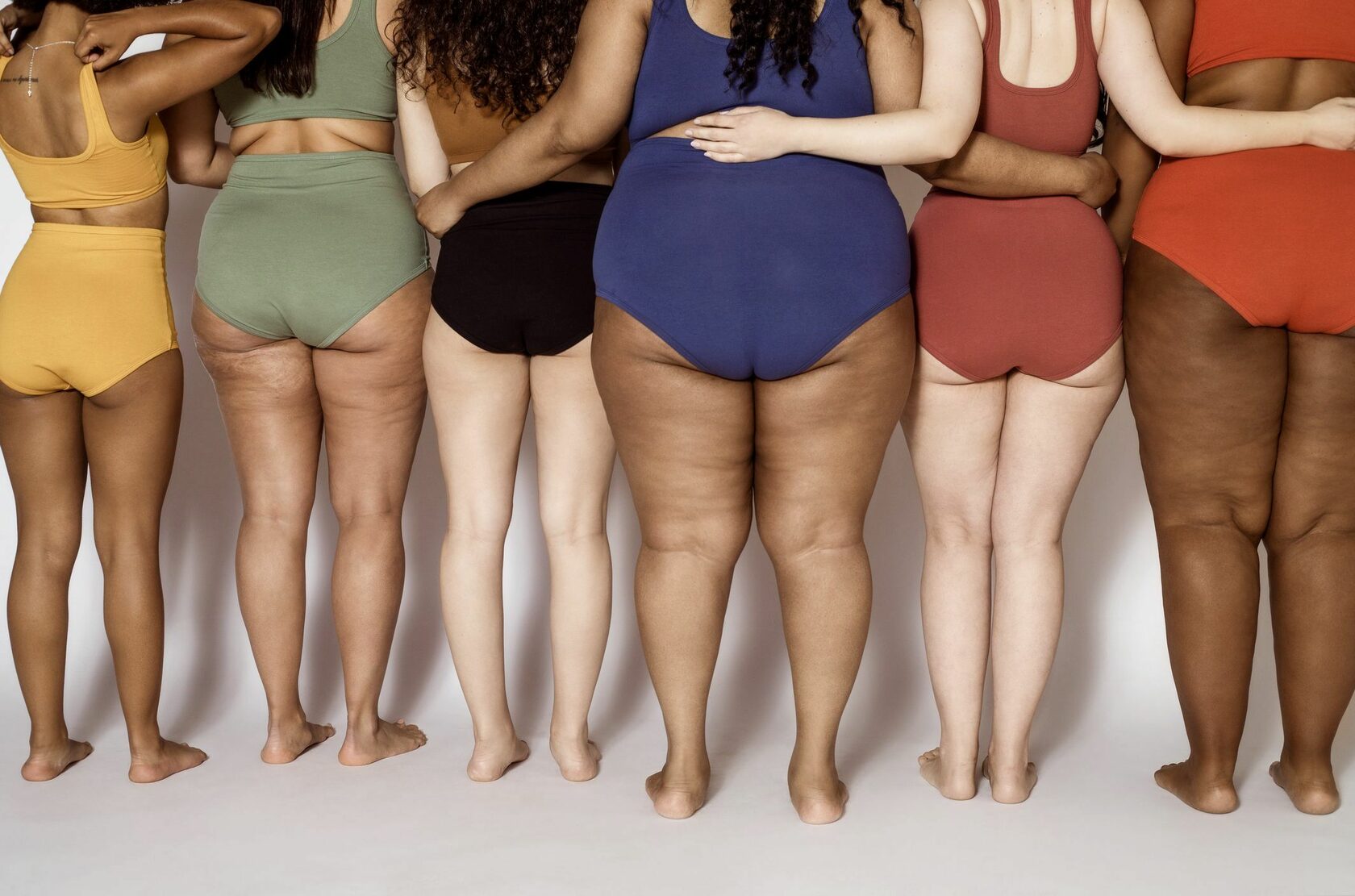We are revisiting an extremely controversial topic at the moment as the term “body positivity” has created a lot of confusion and dialogue.
"Can I lose weight and still be body positive?" Wouldn’t “letting go” be more harmful than good? Does that mean I have to accept that I am fat?" These are a few questions that I've been getting when the topic of body positivity comes up.
Let us start by defining the term body positive.
Advocates of the movement define body positivity as adopting a more forgiving approach towards your body with the end-goal of improving your overall health and well-being both physically and mentally. Using a quote from The Body Positive – Body positivity is
“a way of living that gives you permission to love, care for, and take pleasure in your body throughout your lifespan. Struggles will inevitably occur, especially during times of transition or imbalance.” Practicing true body positivity…”allows you to find what you need to live with as much self-love and balanced self-care as possible. Experiences of conflict and suffering become opportunities to learn what is required to further your growth so you can find greater contentment and peace.”It is important to understand that the intentions of body positivity are “size acceptance”, reducing the triggers of disordered eating and making choices not based on judgment, negative emotions and defence mechanisms. I feel that one of the reasons why things got lost in translation as this movement began to flourish and grow is because of how mainstream media chose to use it and capitalise on it. Intentional weight loss is simply not being body positive. Talking about body fat loss and starting a training routine at your local gym to achieve that is also not being body positive. By saying that though, it doesn’t imply that you don’t care about your body. It is simply not what body positivity is about. Adopting healthy habits without weight loss being the focal point or even the end-point is a good way to start for those wanting to break free from the dieting industry. In this case, weight loss may or may not occur so it could be seen as a potential side-effect of adopting healthier habits.
When you look deeper into the evolvement of being “body positive”, you do start to see a roadmap that began with generalisation and stigmatisation being two actions that are completely normal in our society:
- The generalisation of what “healthy” really is. The term “health” is quite relative as we now know that health is highly unique and is different to each individual. (Note: Health At Every Size is another movement worth reading more about).
- Fat phobia and the stigma around the terms “overweight”, “fat”, “obese”. Using such terms automatically implies that there is an “ideal” weight that we should all be aiming for when in fact, your weight will fluctuate throughout your whole life so finding a so called “ideal” is not possible and unrealistic! Furthermore, if you are overweight or fat, then you are automatically seen as being unhealthy. I guess the health industry and media are to blame for setting such ideals, stigma and generalisations and so much work needs to be done to change the way we look at health.
With this in mind, does body positivity promote or encourage obesity? The simple answer is No.
As you can see, there is a LOT of confusion when it comes to terminology and it all starts with how you define and view being “positive”, “obese”, “fat”…etc. Definitions are set by what society think is acceptable, things get lost in translation, terms gets misused and the initial purpose of encouraging being proactive towards overall wellbeing, self-acceptance and overcoming fat-shaming slowly vanishes. The approach behind being body-positive encourages us to accept our bodies as they are now instead of hating and shaming. In turn, by practising kindness, acceptance and self-love, we are more likely to engage in long-term healthier choices – an action that reflects respecting the vessel we are in.
Since this confusion has created conflict within the health, wellness and medical community, I believe that being body-neutral could be a step towards liberating ourselves from attaching extreme emotional states (i.e. love or hate) to our bodies. The way I view body-neutrality is shifting our focus from “the body” (not neglecting it!) to paying attention on how to meet its needs and help it function the way we want it to. It will require practice, mindfulness and actually listening. You don’t have to love your stretch-marks but accept that they are part of who you are and you don’t have to hate your legs but realise that they can function in ways to make you stronger.
So for those who want to practice body-positivity, then do truly understand what it means to be body-positive without conflicting actions. And for others, perhaps body-neutrality is the better approach for you. I personally choose being body-neutral and continue to learn ways of acceptance, yet ensure I show my body the respect it deserves.

